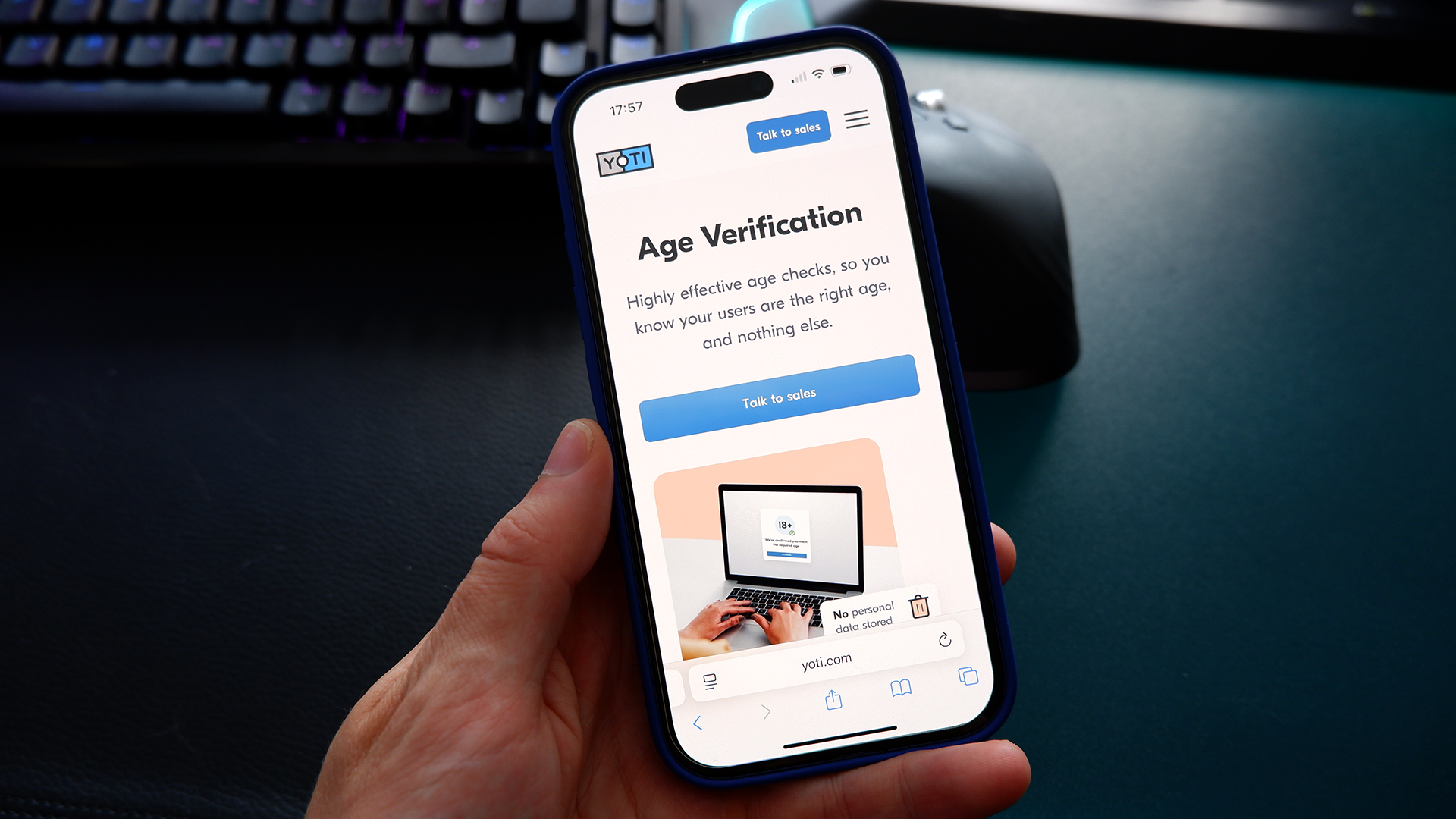A new report suggests that the UK’s age verification measures may be having unforeseen knock-on effects on web traffic, with the real winners being sites that flout the law entirely.
Web users in the UK will likely be familiar with the new measures: a lot of my usual social media haunts now require age verification to even let me look at my direct messages as part of the Online Safety Act’s stipulations. I swear that’s the real reason I’ve not been getting back to folks in my direct messages—and not, you know, the usual excuse of a mix of overwhelm and straightforward forgetfulness. Social apps aside, many genuinely adult websites are restricting access too.
Sure, there are ways around this if you’d rather not feed your personal data to a platform’s third-party age verification vendor. However, sites are seeing more significant consequences beyond just locking you out of your DMs. For a start, The Washington post reports web traffic to pornography sites implementing age verification has taken a totally predictable hit—but those flouting the new age check requirements have seen traffic as much as triple compared to the same time last year.
The Washington Post looked at the 90 most visited porn sites based on UK visitor data from Similarweb. Of the 90 total sites, 14 hadn’t yet deployed ‘scan your face’ age checks. The publication found that while traffic from British IP addresses to sites requiring age verification had cratered, the 14 sites without age checks “have been rewarded with a flood of traffic” from UK-based users.
It’s worth noting that VPN usage might distort the the location data of users. Still, such a surge of traffic likely brings with it a surge in income in the form of ad-revenue. Ofcom, the UK’s government-approved regulatory communications office overseeing everything from TV to the internet, may have something to say about that though. Meanwhile, sites that comply with the rules are not only losing out on ad-revenue, but are also expected to pay for the legally required age verification services on top.
The UK regulator is already investigating “four companies which collectively run 34 pornography sites” on the grounds of whether the “providers have highly effective age checks in place to protect children from encountering pornography.” That means that the days of a web traffic feeding frenzy for porn sites flouting the Online Safety Act’s age verification requirements could be numbered—well, if Ofcom can do anything about the clone and mirror sites that will inevitably crop up.

Alright, stop snickering about the mental image of someone perusing porn sites professionally, and let me tell you why this is important. You may have already read that while a lot of Brits support the age verification measures broadly speaking, a sizable portion feels they’ve been implemented poorly. Indeed, a lot of the aforementioned sites that complied with the law also criticised it by linking to a petition seeking its repeal. The UK government has responded to this petition by saying it has “no plans to repeal the Online Safety Act” despite, at time of writing, over 500,000 signatures urging it to do just that.
But age verification checks aren’t just a thing for Brits desperate for steamy Baldur’s Gate 3 mods to worry about. For instance, the US state of Mississippi has implemented a similar law to protect “minor children from online harmful material and access to such material.” This requires sites to both verify new users’ age, and acquire parental consent for users who are “known minors” under the age of 18. But here’s the kicker—the law also requires sites to “make commercially reasonable efforts” to insulate under age users from harmful online content.
Even if money was no object, anyone that’s spent any amount of time online will know that’s a big ask. As such, Bluesky has decided to simply block Mississippi-based users. TechCrunch report that Mastodon has also begun to do the same as the smaller-scale social media site shared in a statement that it does not “have the means to apply age verification.”
Australia has also recently carried out a study into age assurance technology, which concluded that it can be rolled out in the country “privately, efficiently and effectively.”
As age verification measures proliferate, the internet as you know it may be about to get even smaller.







